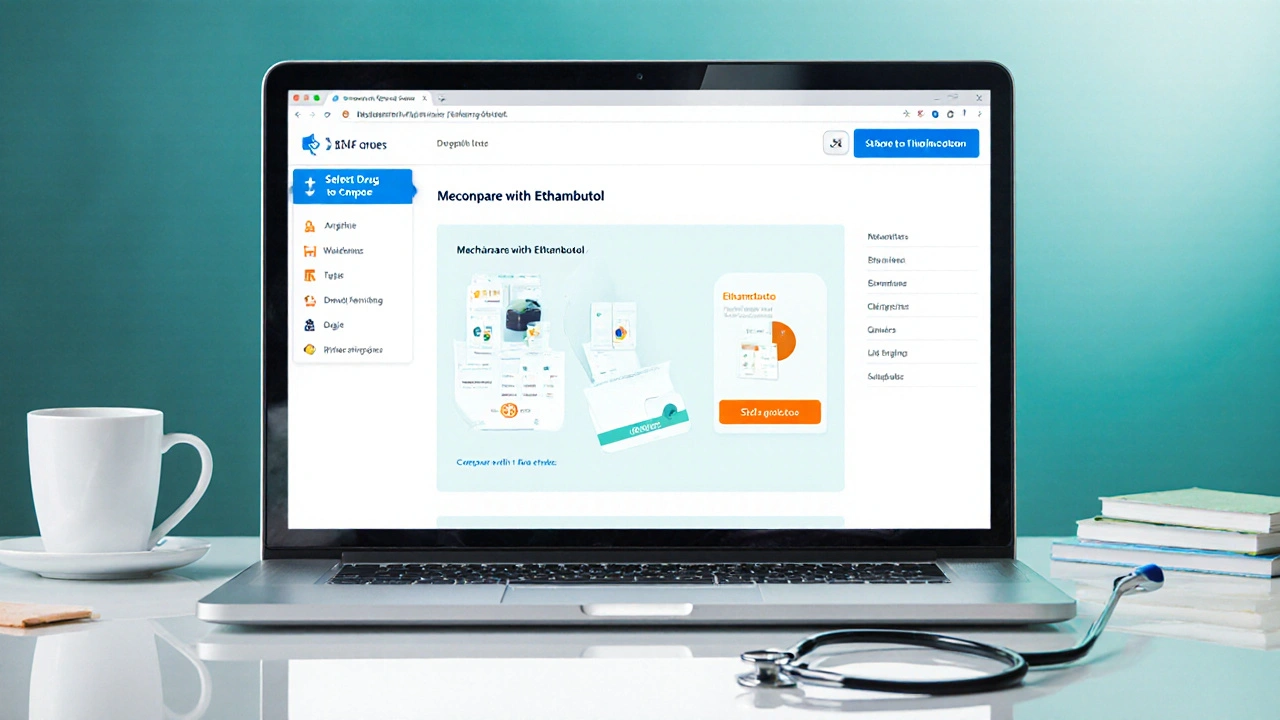TB Medication: What You Need to Know About Treatment, Side Effects, and Recovery
When you're diagnosed with tuberculosis, a bacterial infection that mostly affects the lungs and can spread through the air. Also known as TB, it requires a strict, long-term course of TB medication, a combination of antibiotics specifically designed to kill the Mycobacterium tuberculosis bacteria. Without the right drugs, TB doesn’t just linger—it can become deadly or turn drug-resistant. This isn’t like taking a pill for a cold. TB medication is a marathon, not a sprint, and skipping doses or stopping early is one of the biggest reasons it comes back stronger.
Most people start with a four-drug combo: isoniazid, rifampin, ethambutol, and pyrazinamide. These work together to knock down the bacteria fast. After the first two months, you usually drop two of them and keep taking isoniazid and rifampin for at least four more months. That’s six months total. For multidrug-resistant TB, a form of tuberculosis that doesn’t respond to the two most powerful first-line drugs, treatment gets longer—up to 18 to 24 months—and involves harsher drugs with more side effects like hearing loss, liver damage, or severe nausea. That’s why sticking to the plan matters more than ever. The anti-TB drugs, the specific antibiotics used to treat tuberculosis infections are powerful, but they’re not magic. They need you to be consistent.
Side effects are common, especially in the first few weeks. Nausea, tiredness, orange-colored urine from rifampin, or numbness in your hands and feet from isoniazid aren’t rare. But they’re not always a reason to quit. Many people manage them with food, timing their pills, or talking to their doctor about adjusting the dose. Liver checks are standard—because these drugs can stress your liver. If you’re on TB medication, you’re not alone. Millions go through this every year. The key is knowing what’s normal and when to speak up.
What you’ll find in the posts below isn’t just a list of drugs. It’s real-world advice from people who’ve been there—how to handle nausea from antibiotics, how to remember your pills when life gets busy, what to do when you feel worse before you feel better, and how to protect your liver while your body fights back. These aren’t textbook summaries. They’re practical, no-fluff tips from real patients and doctors who’ve seen what works—and what doesn’t—when the clock is ticking and your health is on the line.

